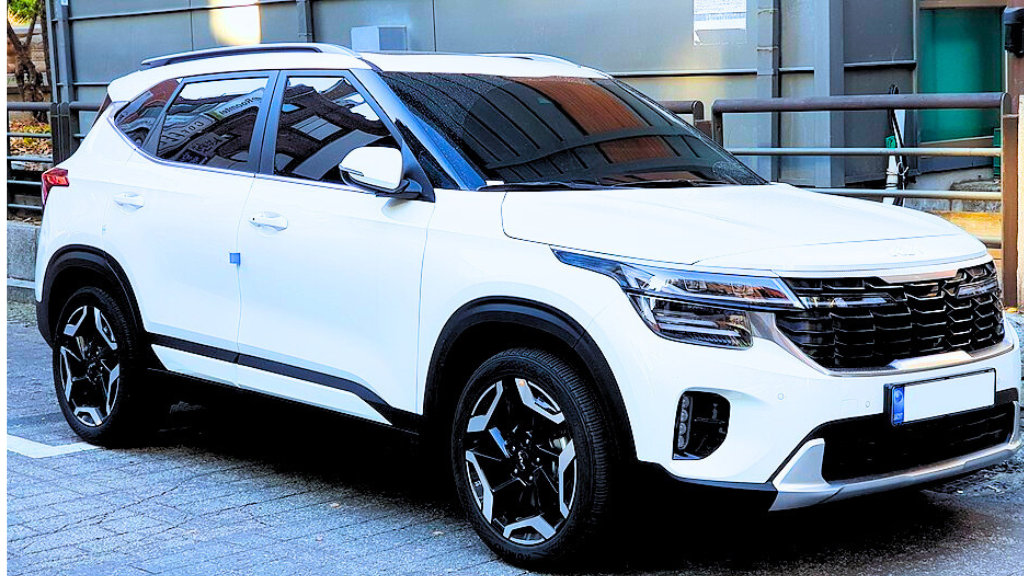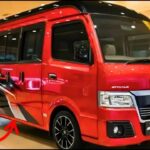Introduction
For most people, buying a car is a dream purchase. Unfortunately, scams and fraud in the automobile market have introduced the term “con car.” A con car may appear to be a genuine bargain, but in reality, it can lead to financial losses, safety risks, and even legal trouble.
- What a car is
- Different types of con cars
- Warning signs to spot them
- How to protect yourself
- Common questions buyers ask
What is a Con Car?
The phrase con car is used in several contexts, but most often it relates to fraudulent vehicles. It may refer to:
- Scam Cars: Vehicles sold with hidden or false details.
- Cloned Cars: Stolen cars with forged registration or VIN numbers.
- Contract Cars: Vehicles sold with misleading finance terms.
- Concept Cars: Sometimes people shorten this as “con car,” though concept cars are not fraudulent.
In this blog, the focus is mainly on fraudulent or deceptive cars that pose risks to buyers.
Types of Con Cars
1. Scam or Fraudulent Used Cars
- Odometer rolled back to show fewer kilometers
- Accident damage hidden under new paint
- Quick cosmetic repairs masking major issues
2. Cloned or Stolen Cars
- Cars stolen and given fake registration details
- VIN and engine numbers altered
- Buyers end up facing police cases later
3. Finance Trap or Contract Cars
- Attractive finance deals with hidden charges
- Balloon payments not disclosed upfront
- Buyers locked into high EMIs
4. Misinterpreted Concept Cars
- Cars showcased at auto expos
- Incorrectly referred to as “con car”
- Not intended for consumer purchase
How to Identify a Con Car
Keep an eye out for these red flags:
- Too cheap to believe – priced much lower than market value
- Missing or fake papers – RC, insurance, or pollution certificate not genuine
- Untraceable seller – avoids meeting in person or pushes for fast payment
- Odometer mismatch – mileage doesn’t match service history
- Suspicious bodywork – repainted areas, uneven panels, or airbag replacement signs
Risks of Owning a Con Car
Buying a con car can lead to multiple problems:
- Money Loss: Repairs, repossession, or resale issues
- Legal Complications: Buying a stolen car could involve police action
- Unsafe Vehicle: Accident-damaged cars may be dangerous on the road
- insurance Denial: Fake or incomplete paperwork leads to claim rejection
Smart Ways to Avoid Con Cars
Follow these steps to keep yourself safe:
- Inspect all documents – RC, NOC, insurance, and PUC
- Buy from authorized dealers or certified pre-owned outlets
- Hire a mechanic for a full inspection before purchase
- Cross-check RTO records for authenticity of ownership
- Avoid hasty purchases even if the deal looks attractive
Con Car vs Genuine Deal
| Feature | Con Car Example | Genuine Deal Example |
|---|---|---|
| Price | Unusually low, looks suspicious | Fair and realistic value |
| Documents | Forged, incomplete, or fake | Verified and original papers |
| Condition | Looks fine outside, issues inside | Honest service records |
| Seller | Shady, unverified, or pressuring buyer | Trustworthy and transparent |
| Risk Level | High – fraud and legal issues | Low – safe and reliable |
Real-Life Con Car Incidents
- Case 1 – Stolen SUV: Buyer purchased a luxury SUV at half price; later police confiscated it as it was stolen.
- Case 2 – Loan Trap: Dealer promised “zero interest,” but hidden charges doubled the EMI.
- Case 3 – Accident Car Scam: Car looked new, but chassis damage was revealed after a breakdown.
Future of Con Car Awareness
- Digital Vehicle History Reports – record of ownership and accidents
- Tighter RTO rules – tougher to manipulate papers
- Awareness drives – educating buyers about risks
- AI-based verification tools – detect fraud like odometer tampering
Conclusion
While a con car may look like a cheap deal, the hidden risks are severe. From losing money to facing legal issues, the damage can be long-lasting. Always verify documents, take time to research, and deal only with reliable sellers.
FAQs About Con Car
Q1. What does con car mean?
A con car is a fraudulent car deal involving stolen vehicles, fake paperwork, or hidden damages.
Q2. How can I confirm if a car is genuine?
Check RC, engine, and chassis numbers with RTO or apps like VAHAN.
Q3. Are concept cars and con cars the same thing?
No. Concept cars are futuristic designs displayed at auto shows, while con cars are fraudulent vehicles.
Q4. What should I do if I bought a con car unknowingly?
Report the case to the police immediately and provide all proof of transaction.
Q5. What’s the safest way to avoid being cheated?
Buy from certified dealers, verify papers, and always do a professional inspection.










